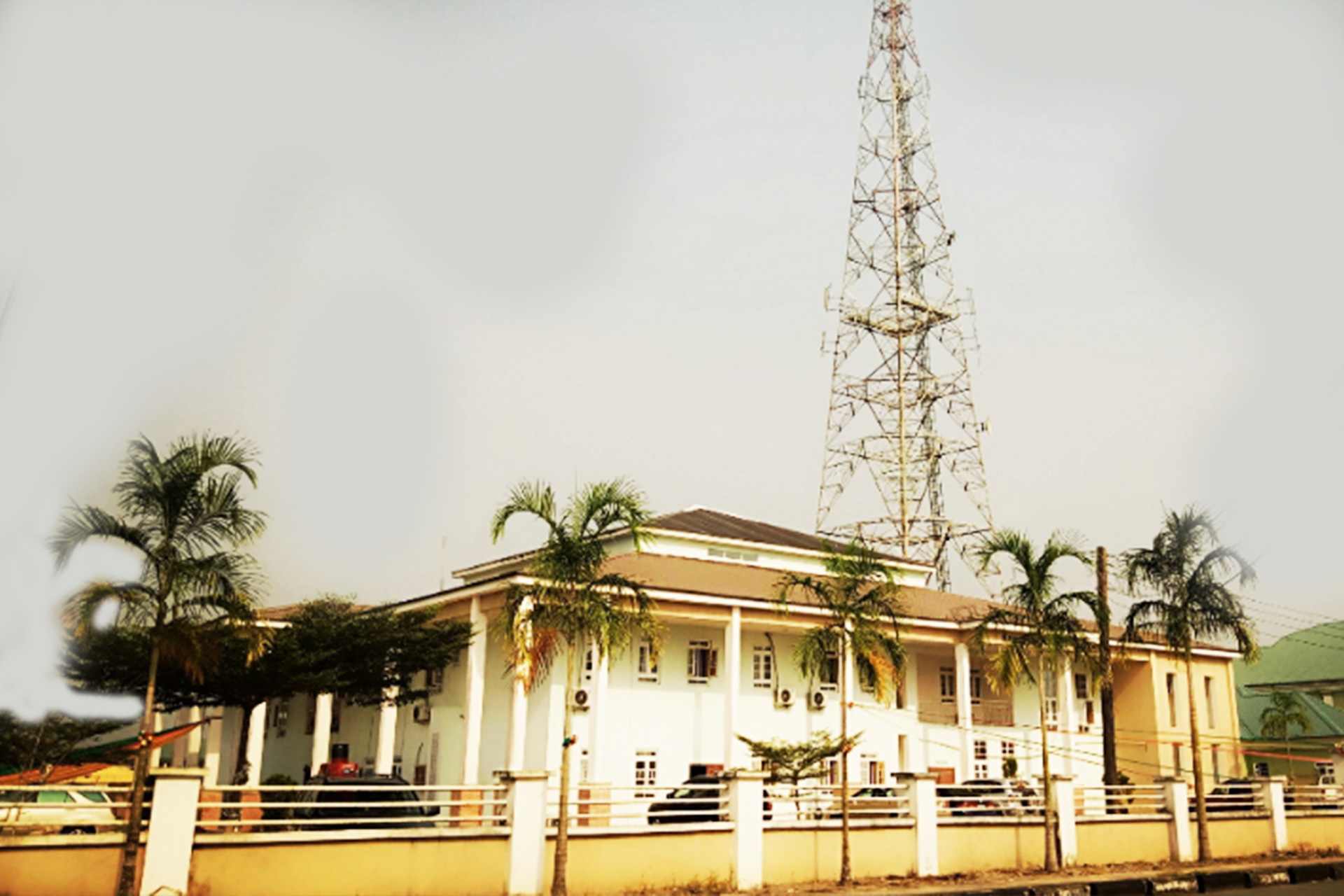Food is believed to be a function of existence, as it is the main source of defense, essence of existence and wellbeing, especially to human beings who are adjudged to be at the peak of the food chain.
According to World Hunger Facts, about 821 million people are chronically undernourished, hence, the World Food Day is celebrated to continually appraise and reappraise the role of food in the advancement of humanity and society. The annual event which is at the instance of the United Nations, Food and Agricultural organization (FAO), established in 1945, is aimed at tackling global hunger, encouraging healthy dieting and ensuring food security and safety, as well as, influencing agricultural techniques across the World, in a bid to eradicate global hunger.
FAO describes food security as the availability and easy access to food by a population, while food safety is the elimination of substances that contaminate food and food provision as the influence of the techniques on food production. Nigeria for instance as a signatory to the Food and Agricultural Organization, through the Federal Ministry of Agriculture and its agencies has been actively involved in the provision, safety and security of food in the country. It is in this regard the Federal Government of Nigeria is noted in the provision of Agricultural loans to farmers, provision of fertilizers and chemicals at affordable cost to boost farming, provision of storage facilities, establishment and equipment of agricultural research institutes for training of farmers on new techniques of farming and processing of food, provision of varieties of farm seedlings etc.
Food production remains the highest employer of labour in Nigeria, thereby increasing per capital and national income. Farm produce like Cocoa, groundnut, palm oil etc serve as means of foreign exchange to the country. As a source of revenue, sales of food produce either locally or through foreign exchange accrue to the revenue of the government leading to the increased revenue. That means, the higher the income, the higher the prospects for development.
In another development industrial food producing and processing companies produces products such as farm machineries, chemicals, fertilizers, processing and storage facilities for ease of food production. These activities bring about expansion of industrial market in the society. In the same vein, the industrial sector also depends on some raw materials to be processed into finished products in the area of medicine. That is why it is said that, “a healthy society is a function of the presence of abundance of food,” buttressed by Marian Armstrong, an American dietician who notes that “food is life and life is food, without food there wouldn’t be life.” Thus, this year’s theme “Safe Food Now for a Healthy Tomorrow,” is a clarion call for all to eat right; consuming the right portions, with nutrients for health and growth.
In the light of the above, successive administrations in Bayelsa State have replicated the process of food production for sustainable growth. The establishment of the Ultra-modern fish farm at Angalabiri, the Cassava Processing Plant at Ebedebiri, the proposed aquaculture project by the State government and the African Atlantic Gulf of Guinea Fisheries (AAGGF), following a Memorandum of understanding signed by the state government with AAGGF in June 2021, to commence the multi-billion naira aquaculture farms in the State. The provision of soft agric loans to local farmers, provision of cassava and other seedlings, in addition to the training of over 2000 youth from 2015 to 2021, the accreditation of the Department of Agricultural Science at the state owned Niger Delta University by the National University Commission and many more.
However, while the Federal and State Governments have been keen in the production and provision of food for the populace, there are daunting challenges facing food production in the country. For example, disasters like perennial flooding, heavy rainfall and erosion have been major problems to effective farming, especially in the Niger Delta. Lack of storage facilities and other machineries for the storage and processing of perishable farm produce, corruption and mismanagement of loans by farmers, religious and ethnic violence and inadequate training programmes for local farmers etc hinders food production in the country and leads to food shortage and the resultants of hunger and poverty.
Therefore, government should aid flood prone areas, especially the Niger Delta communities by providing lasting solutions like dredging and shoreline protection to curb flooding and erosion. Storage facilities should also be provided in order to preserve perishable farm produce. A committee should also be set up to monitor funds given to farmers for Agricultural purposes, as well as ensuring the safety of farmers. Farmers should also be given orientation on new techniques of farming in other to improve productivity.
Nicodemus Dauebi
Ministry of Information, Orientation and Strategy









